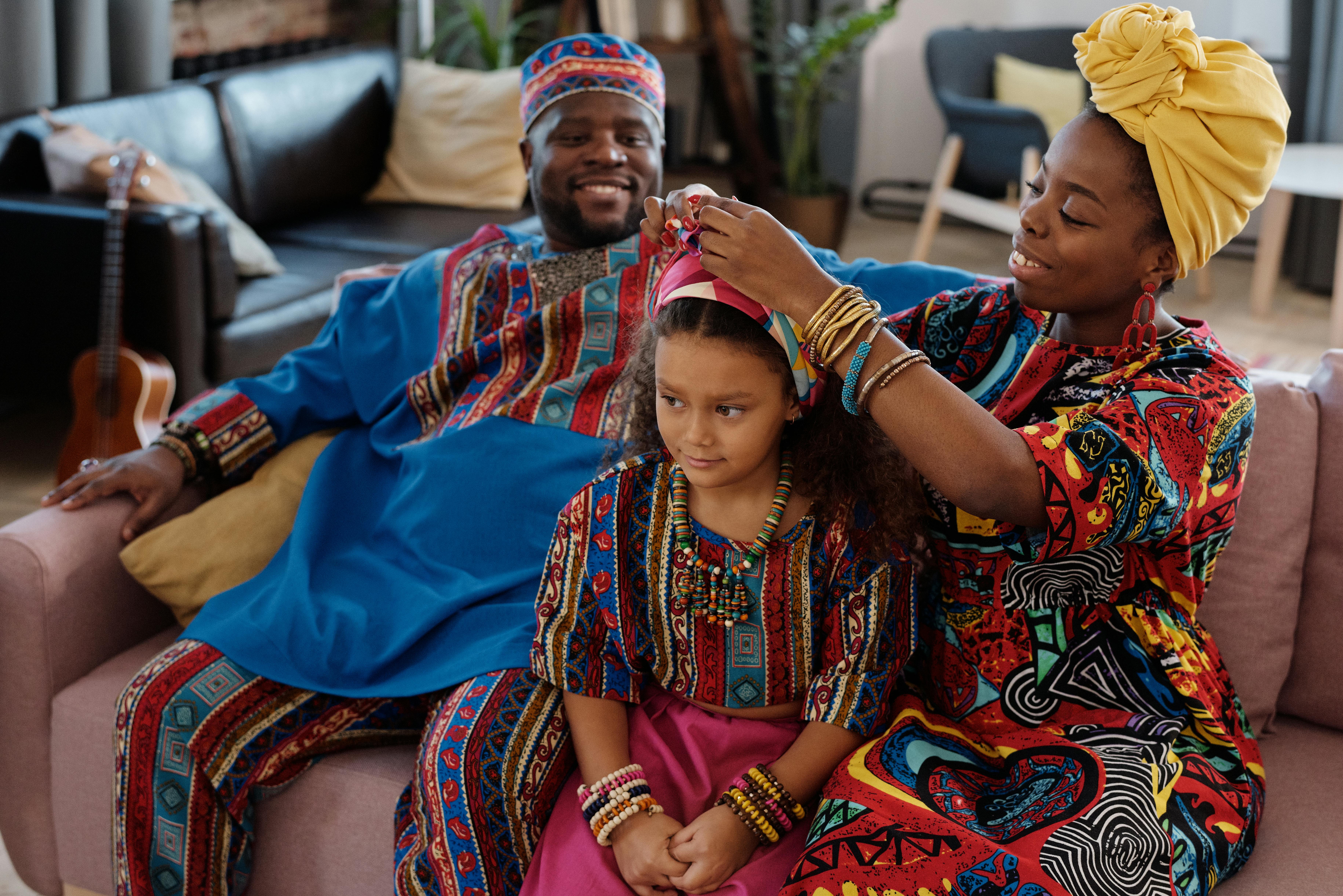
Reframing Mental Health Conversations in African Homes and Communities
By Oludipe olamiposi oladayo
In our African homes and communities, while we often prioritize physical health, talking about what our minds and feelings go through can be difficult. Yes, Africans have many good traditions and cultures, but the truth is that a lot of people quietly struggle with mental health issues, fearing the guilt or low confidence of speaking about it because of the stigma attached. This is evident among the men, probably because they view it as a sign of weakness, as it is commonly said that Mental health issues are often associated with spiritual attacks or bad luck, not a health problem. The feeling itself is telling, being left alone to suffer or go through the ordeal.
Recognizing these challenges, it becomes essential to reframe our perspective: express yourself freely to family and close associates, be kind and help each other, learn to understand each other better, and help each other grow mentally and feel safe.
"Reframing through language and communication": One of the most fundamental steps in reframing mental health conversations lies in the very language we use. Often, words associated with mental illness carry heavy negative weight, evoking fear and negative judgment even on appearance. Instead of relying on clinical words or language, rather than using terms like "clinical depression" or "anxiety disorder," which can feel distant, we can use simpler words people can easily relate to.
Here are some ideas we can connect with:
· Moving Beyond Labels: Instead of jumping to a conclusion like "having a mental illness," you can engage in a conversation by focusing on specific experiences and feelings. For example, instead of saying "he is mad," you can say "he is going through a lot / going through a difficult time." This will likely evoke empathy and avoid the immediate assignment of a stigmatizing label.
· Embracing Analogies and Metaphors: Instead of being direct, we can compare it to something we know. For example, just like we need to take care of our bodies, and they can become unwell, we also need to take care of our minds. If we don't, our minds can also get sick. Similarly, worry could be described as carrying a heavy burden that can be shared.
· Normalizing Emotional Experiences: It's okay not to be okay. Everyone is going through one thing or the other. Sadness, anxiety, and stress are not signs of weakness but natural responses to life's challenges. Creating space to accept the situation and openly discuss it without judgment is important.
· Active Listening and Empathy ( Effective Communication): This goes beyond just words. It involves active listening, giving full attention, and hearing and understanding the other person's experience without interruption or dismissal.
· Share stories: Sharing stories about people who felt sad or worried and got help can give others hope. It shows them that they are not the only ones and that things can get better!
By using simpler words and really listening to each other, we can make it easier to talk about our minds and feelings in our African homes and communities. This way, more people will feel safe to ask for help when needed.
Recent Post

Latest
PTSD Isn’t Just a War Wound: Everyday Trauma and Its Impact
Read more
Latest
Beyond the Shadow: How Mental Wellness Illuminates the Path to a Drug Free World
Read more
Latest
The Benefits of a Social Media Detox: How Taking a Break Can Improve Your Mental Health
Read more
Latest
DISSECTING NARCISSISM, NARCISSISTIC RELATIONSHIPS AND NAVIGATING HEALING IN BETWEEN
Read more